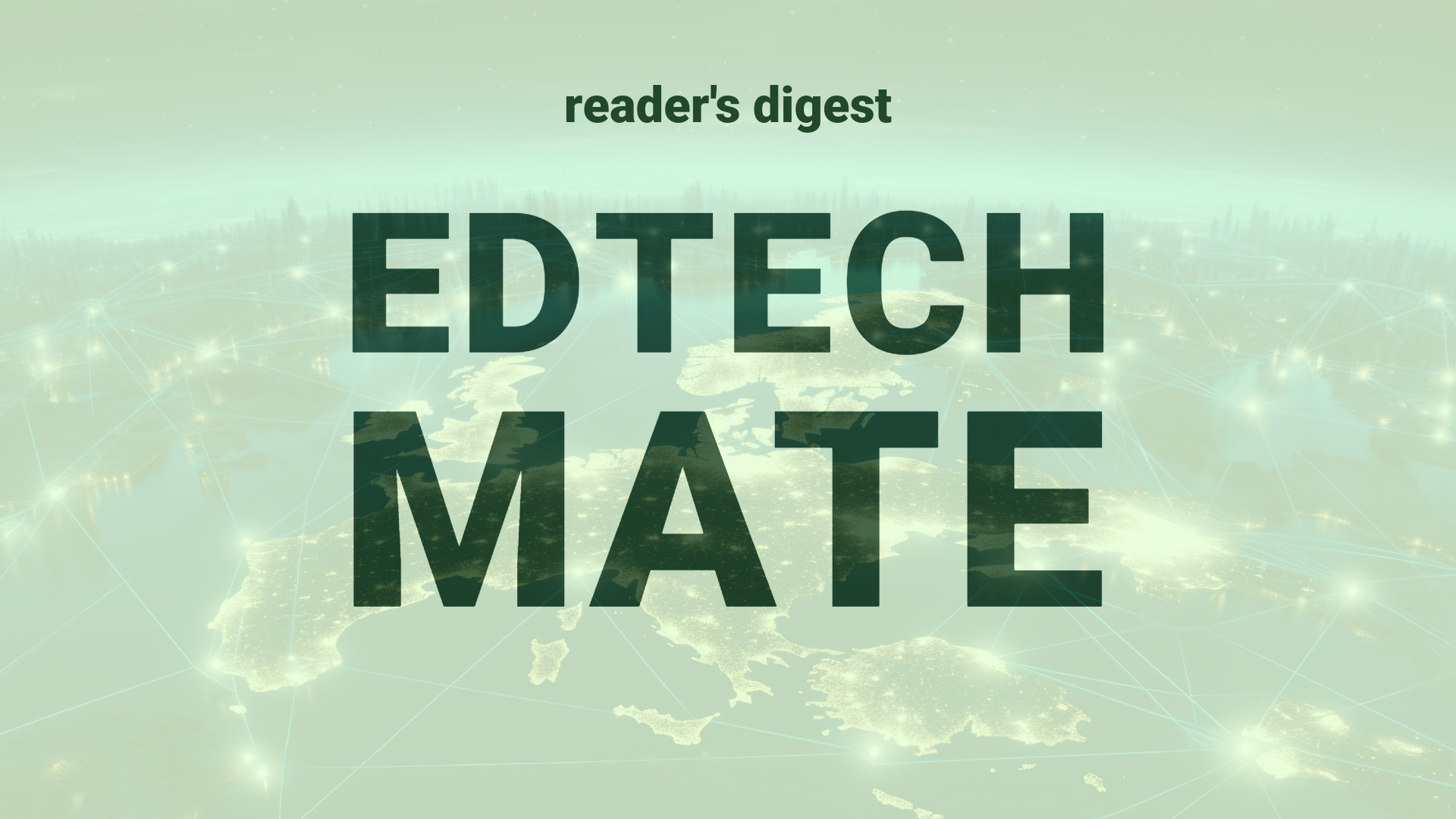Executive Summary and Main Points
European Union member states have reached a consensus on pioneering legislation—the AI Act—aimed at regulating artificial intelligence. The legislation introduces a risk-based framework to address the range of potential threats posed by different AI applications. With a clear focus on fostering trust, transparency, and accountability, the law also bans certain “unacceptable” AI practices, including social scoring and emotional recognition in schools. The overall goal of the regulation is to create an environment where AI can flourish while ensuring European innovation and respect for citizen rights. In light of these advancements, tech firms, especially in the U.S., are expected to face significant regulatory pressures.
Potential Impact in the Education Sector
Given its risk-based classification, the EU’s AI Act could have transformative impacts on Further Education, Higher Education, and the development of Micro-credentials. High-risk categories like AI in educational applications may undergo rigorous scrutiny for bias, leading institutions to seek strategic partnerships with compliant AI firms. The harmonization of digitalization standards might prompt a surge in innovation, potentially altering the educational technology landscape and enhancing digital learning tools. With the power to impose substantial fines for non-compliance, the regulation could incentivize a reevaluation of current AI-driven platforms and content delivery methods within these educational domains.
Potential Applicability in the Education Sector
The AI Act ushers in opportunities for the application of innovative AI and digital tools across global education systems. Anticipated developments include the implementation of AI that aligns with ethical frameworks, enhancing individualized learning experiences without compromising student privacy. Transparent algorithms could be utilized to eliminate bias in admissions and evaluations, promote equitable educational outcomes, and offer personalized career guidance. Additionally, technology partnerships could flourish as institutions seek AI solutions that adhere to regulatory standards, ensuring the responsible use of AI in academic settings.
Criticism and Potential Shortfalls
Despite its groundbreaking approach, the AI Act may face criticism for various potential shortcomings. These include the complex nature of compliance, especially for U.S. Big Tech firms now under scrutiny, which could reduce market competitiveness or innovation. Real-world examples include the delayed response in regulating advanced generative AI, such as the case with OpenAI’s ChatGPT. Comparative case studies from international jurisdictions may highlight divergences in AI governance approaches, raising concerns about ethical consistency and interoperability of AI systems across borders. There are also cultural implications to consider, as the act may not equally represent diverse global perspectives on privacy and data utilization.
Actionable Recommendations
To capitalize on these technological advancements, international education leadership should develop clear strategies for AI integration within curricula and institutional operations. Recommendations include investing in AI literacy for faculty and students, forming compliance task forces to navigate the legal landscape, and establishing cross-border partnerships to share best practices and drive innovation coherently. Furthermore, a proactive assessment of existing technologies against the AI Act can help institutions anticipate necessary adjustments. Lastly, engaging in open dialogues about ethical AI use can foster a culture of responsibility and inclusivity within higher education’s digital transformation.
Source article: https://www.cnbc.com/2024/05/21/worlds-first-major-law-for-artificial-intelligence-gets-final-eu-green-light.html

